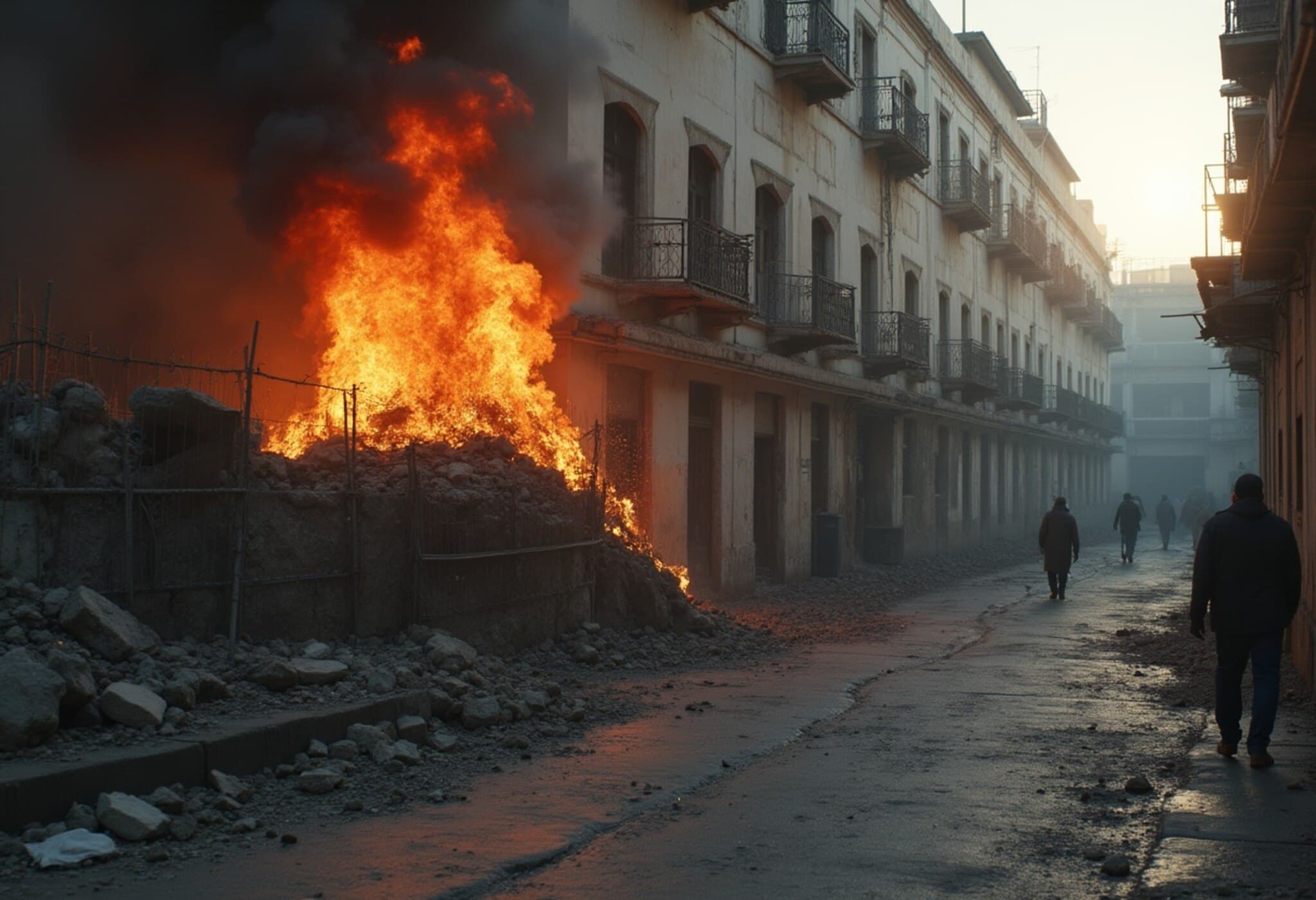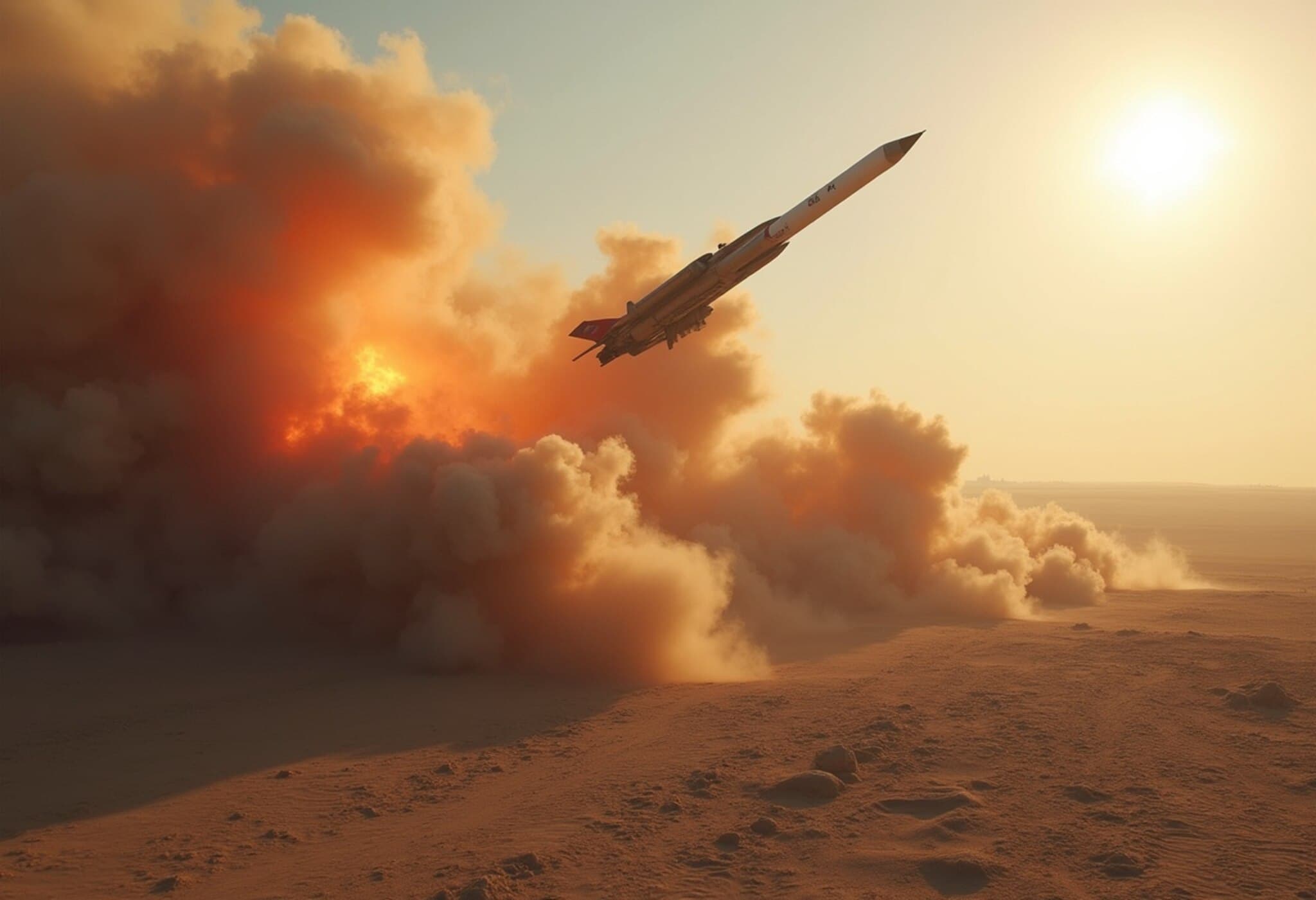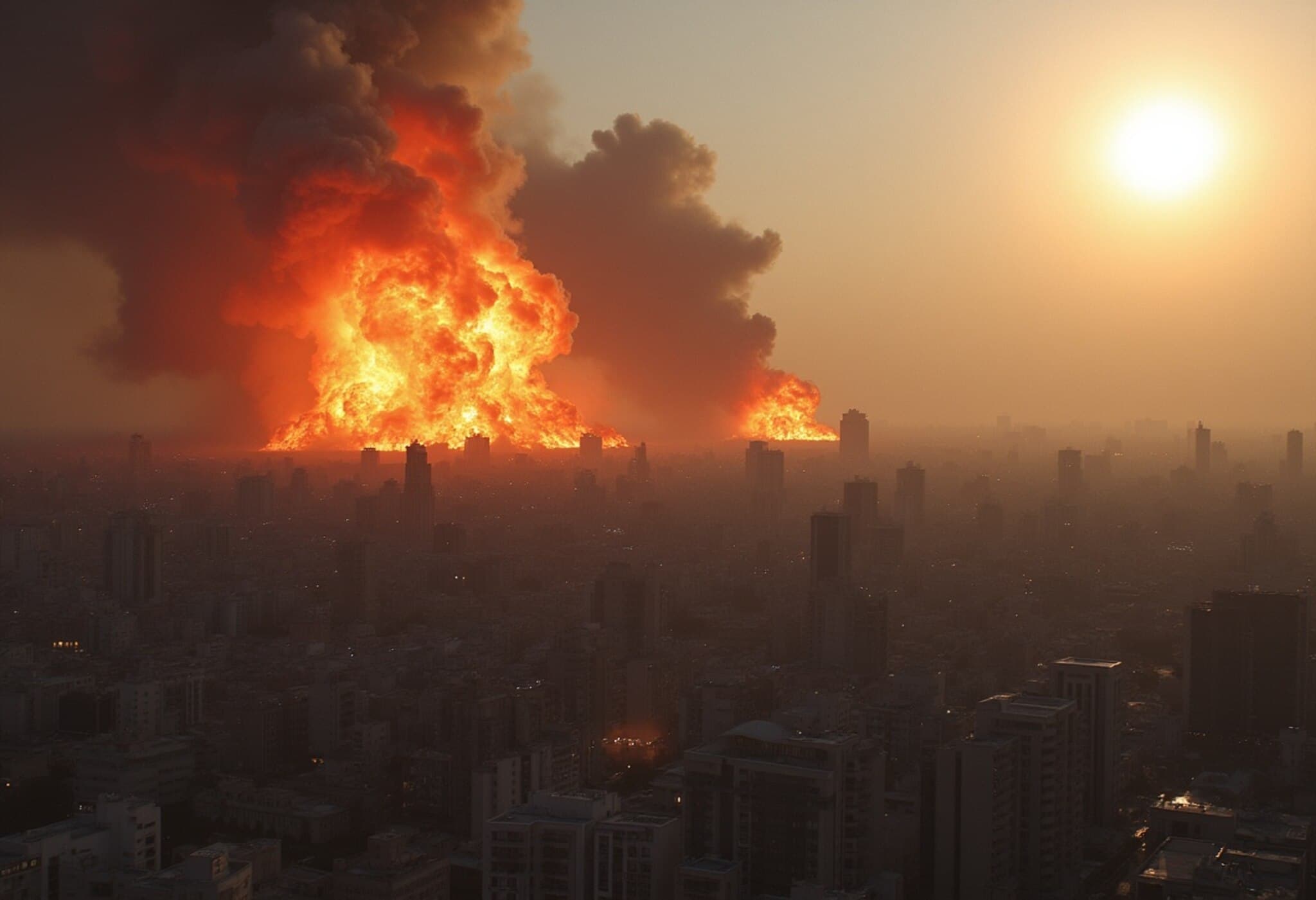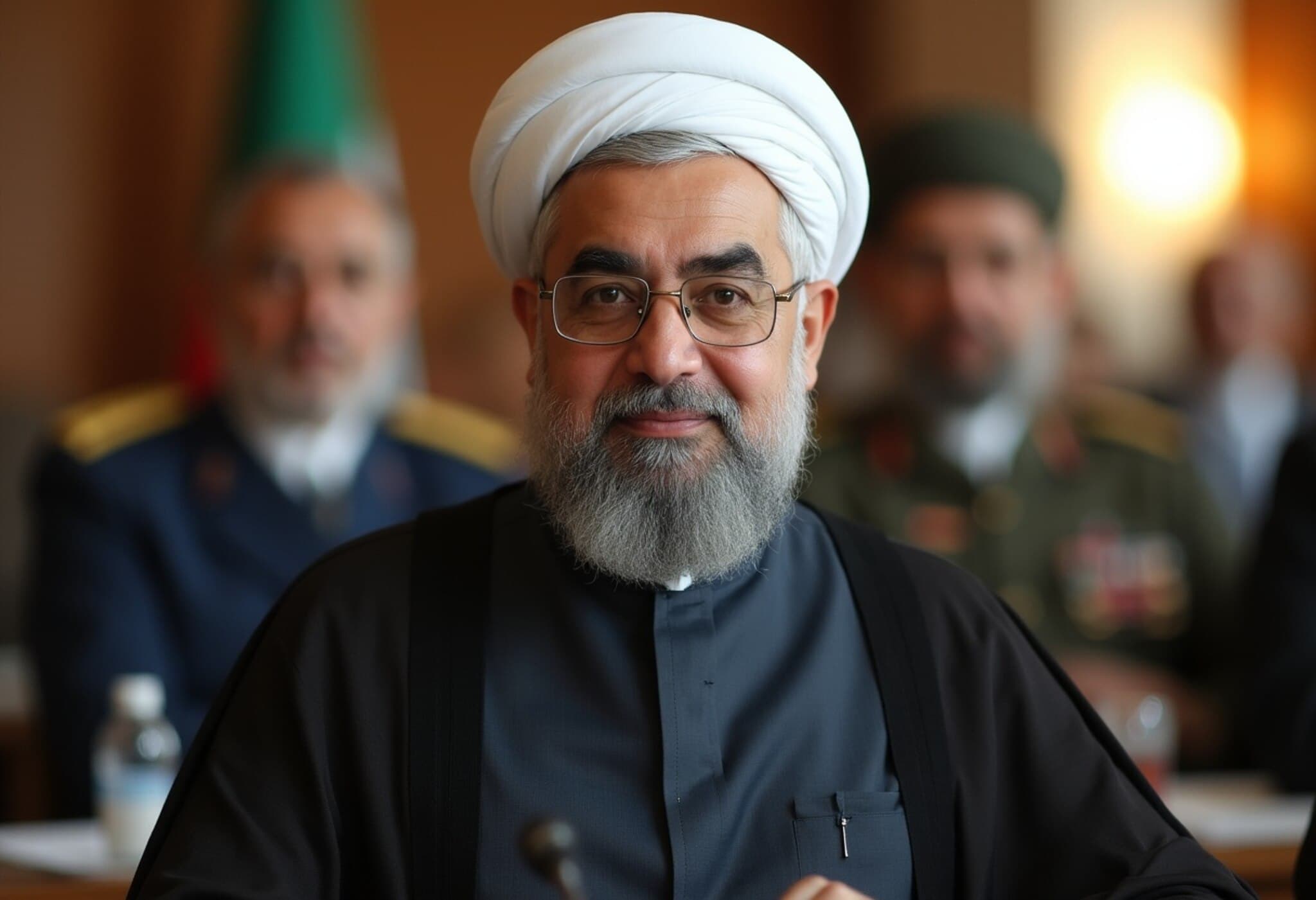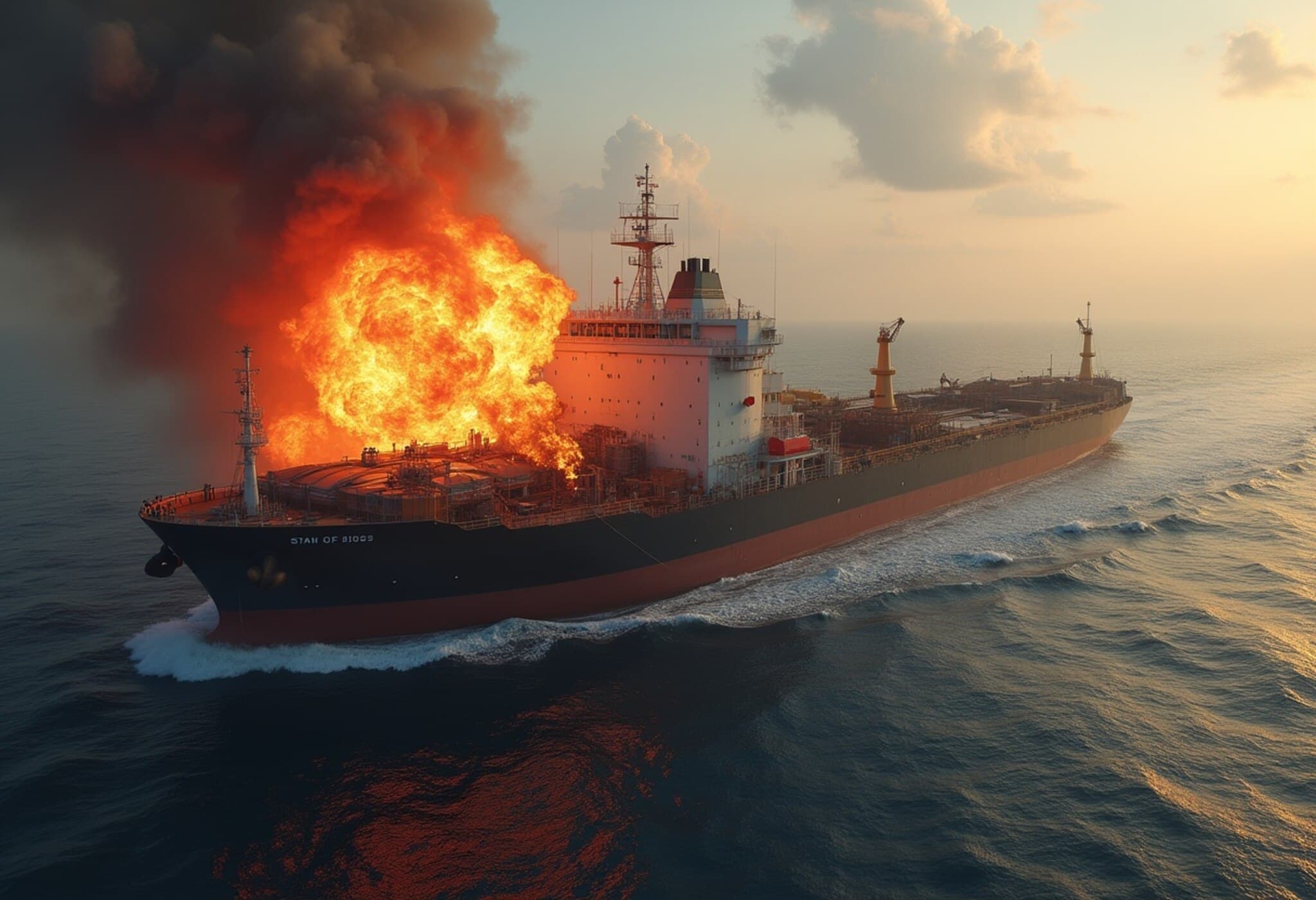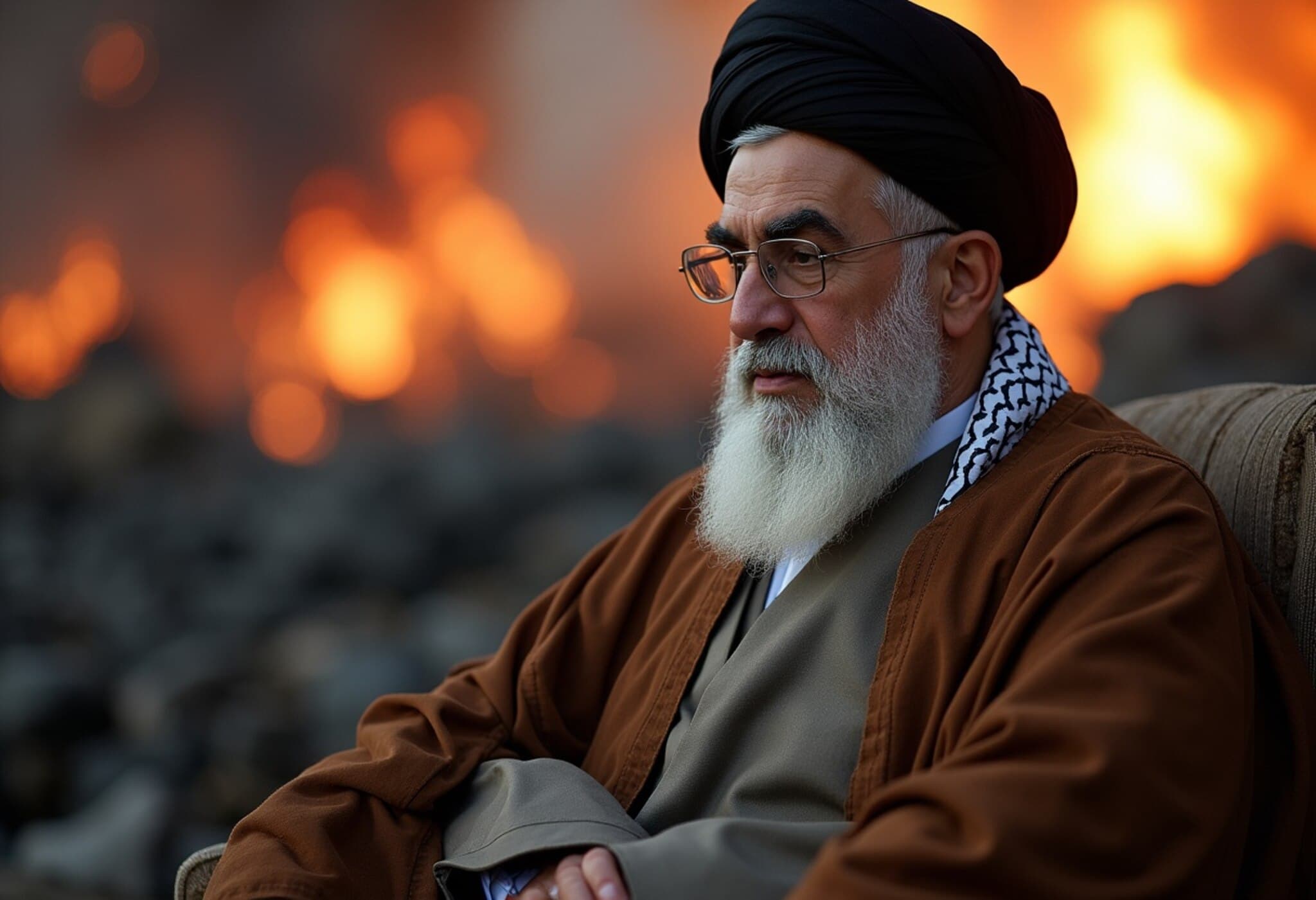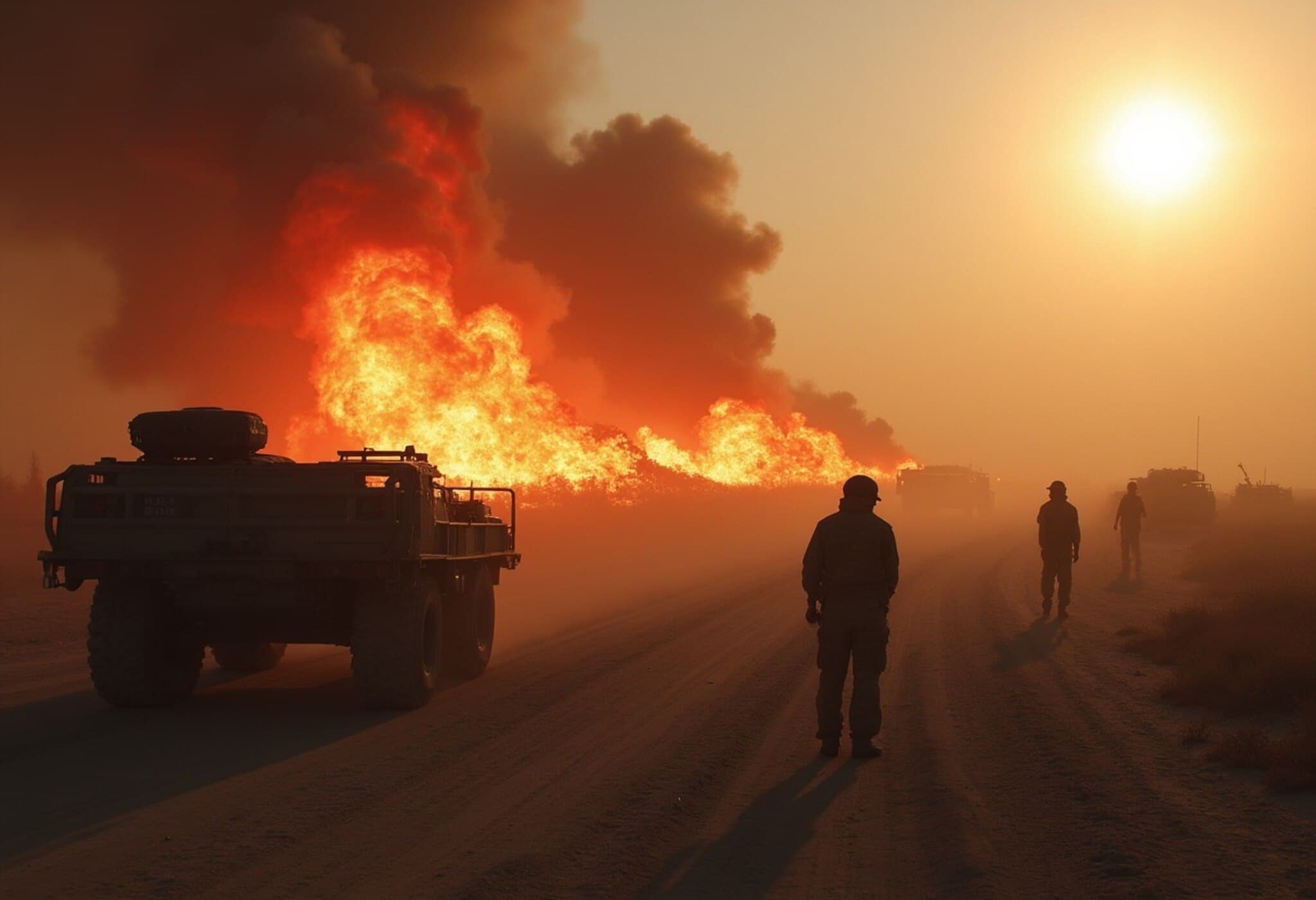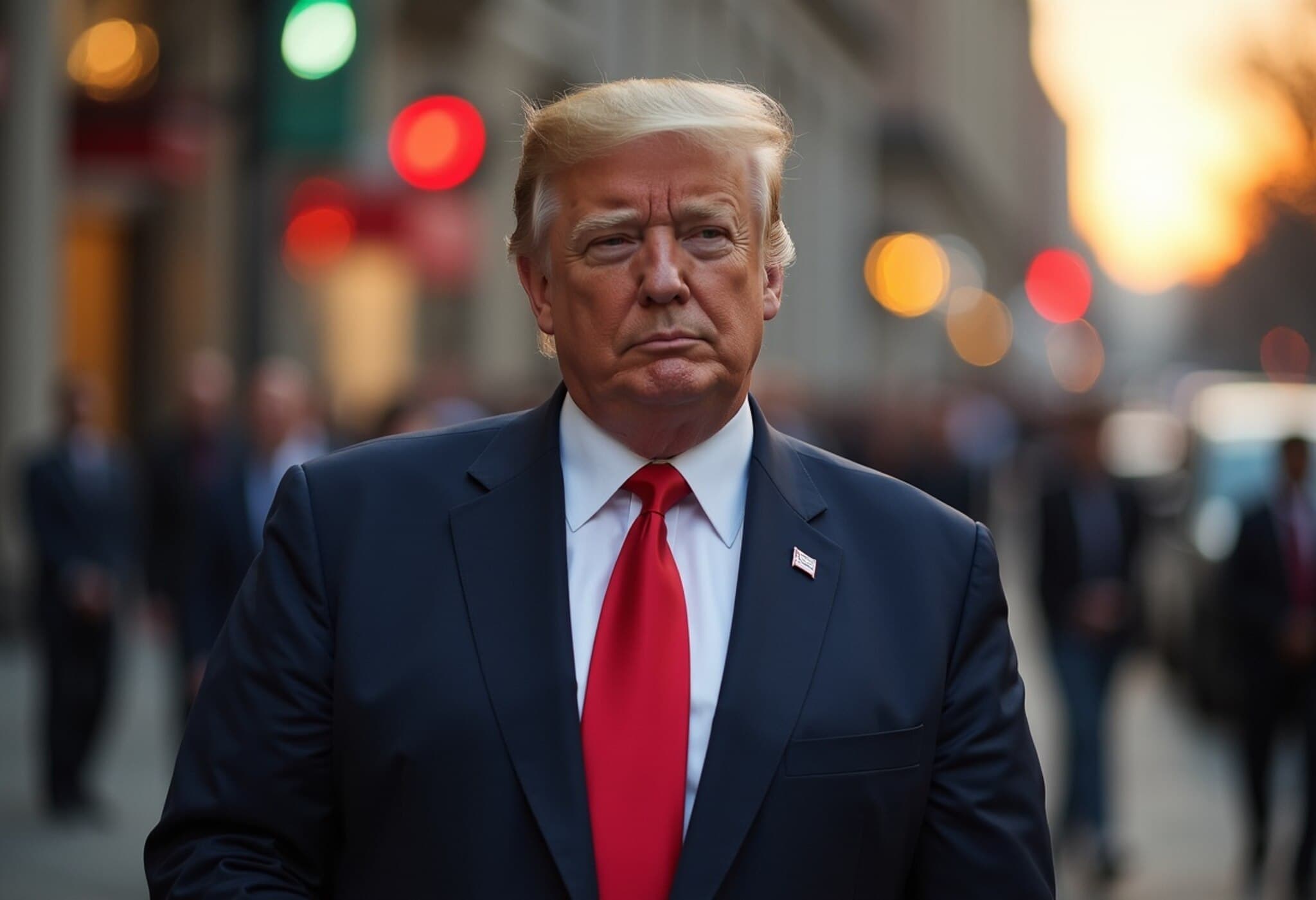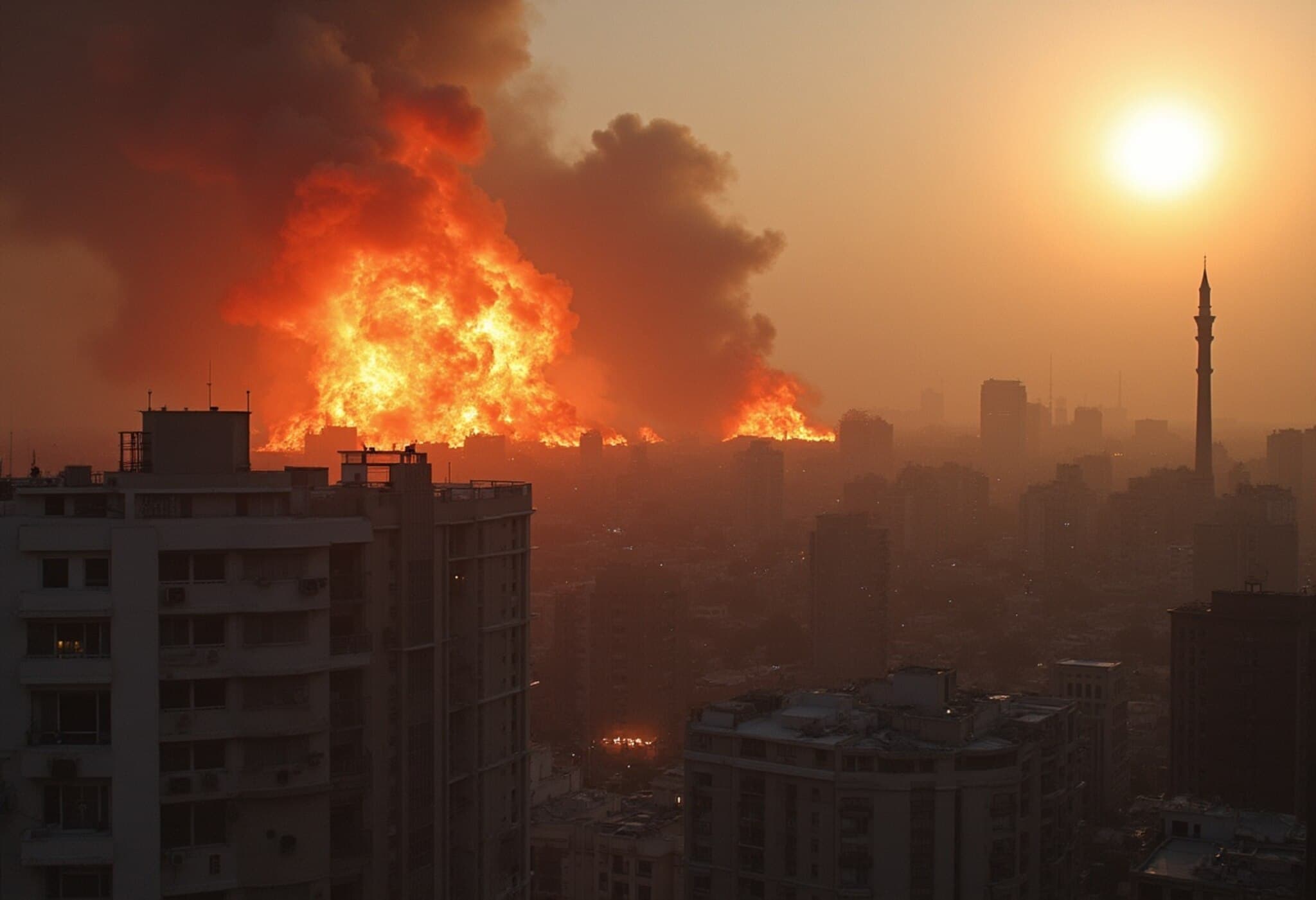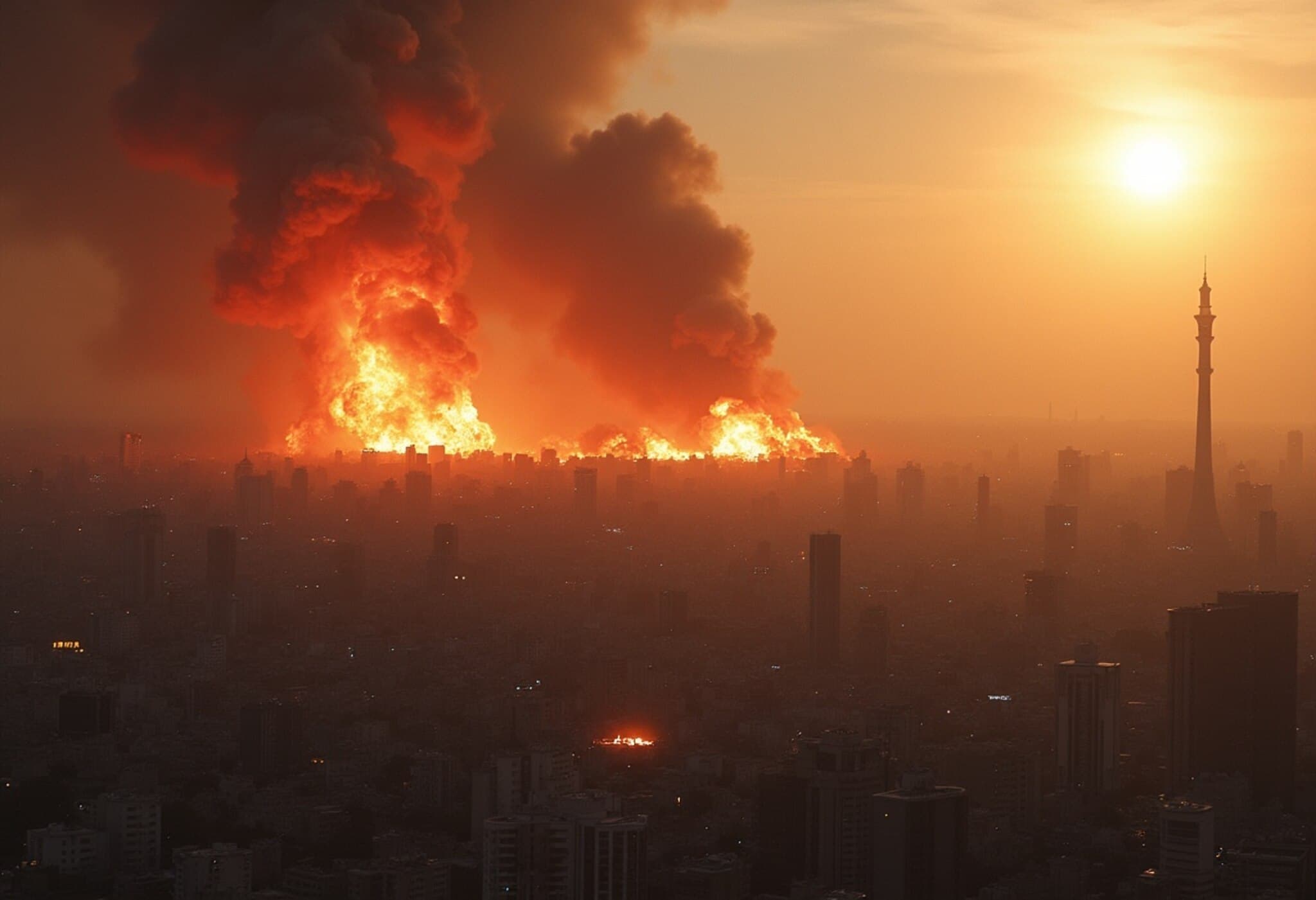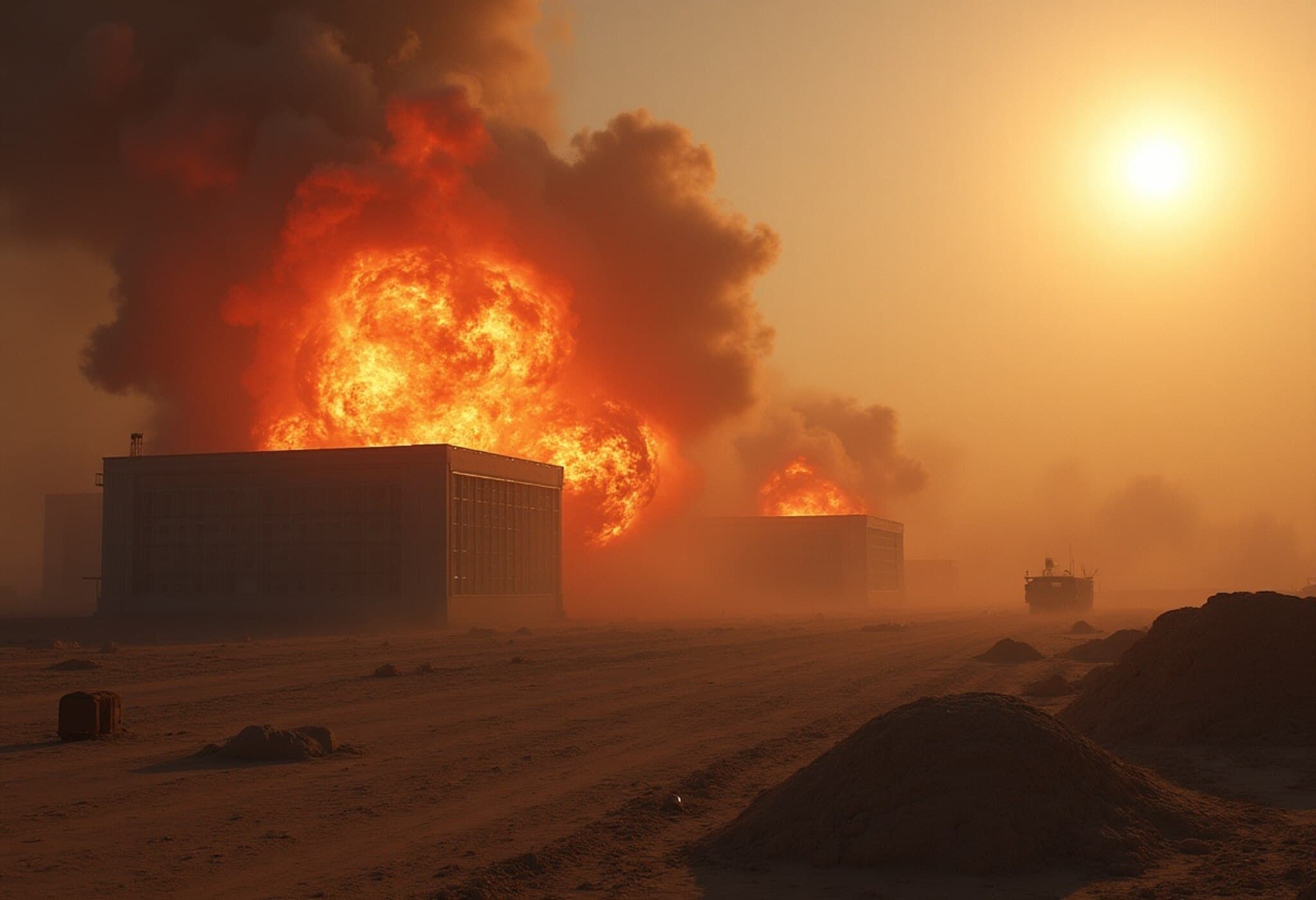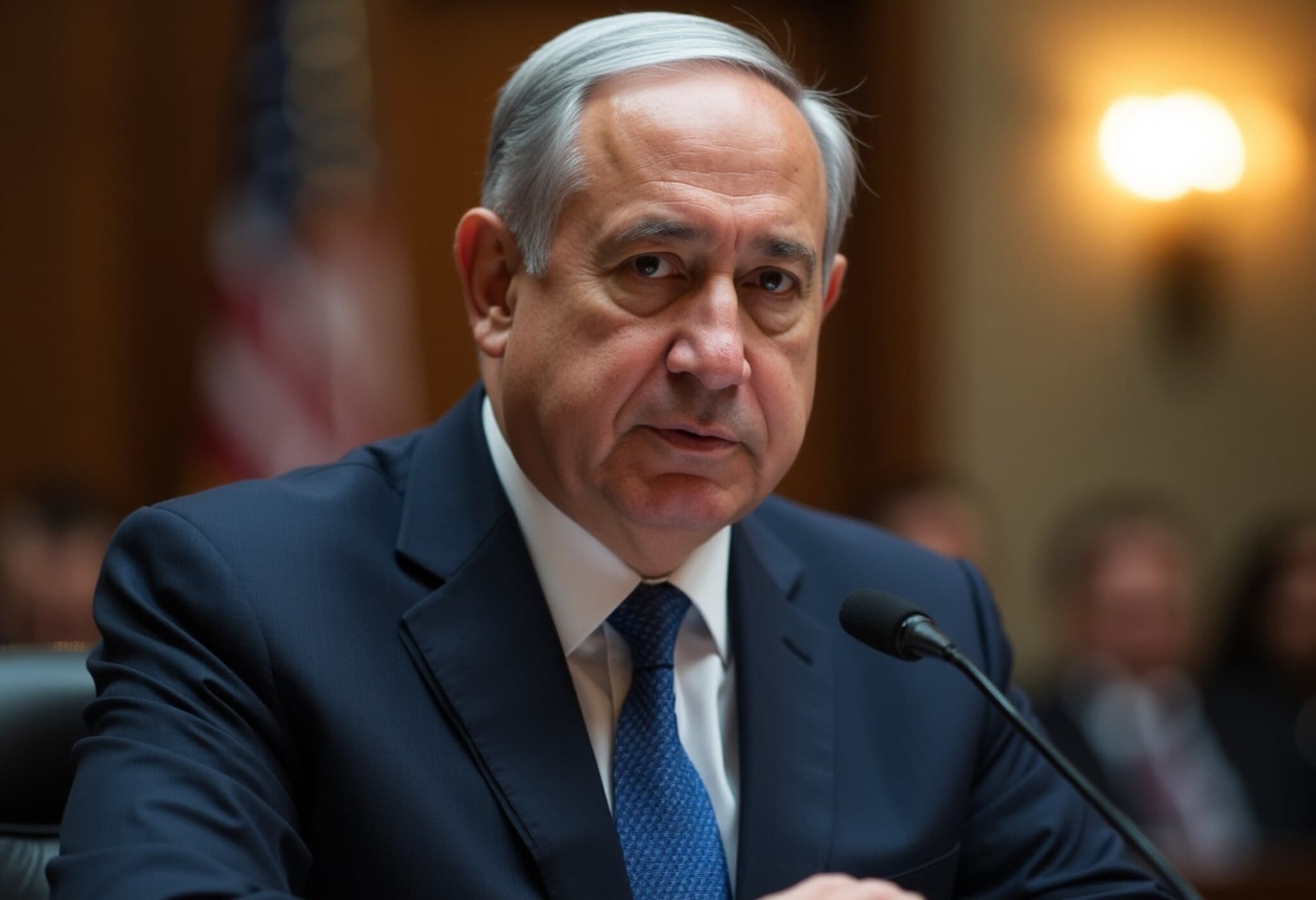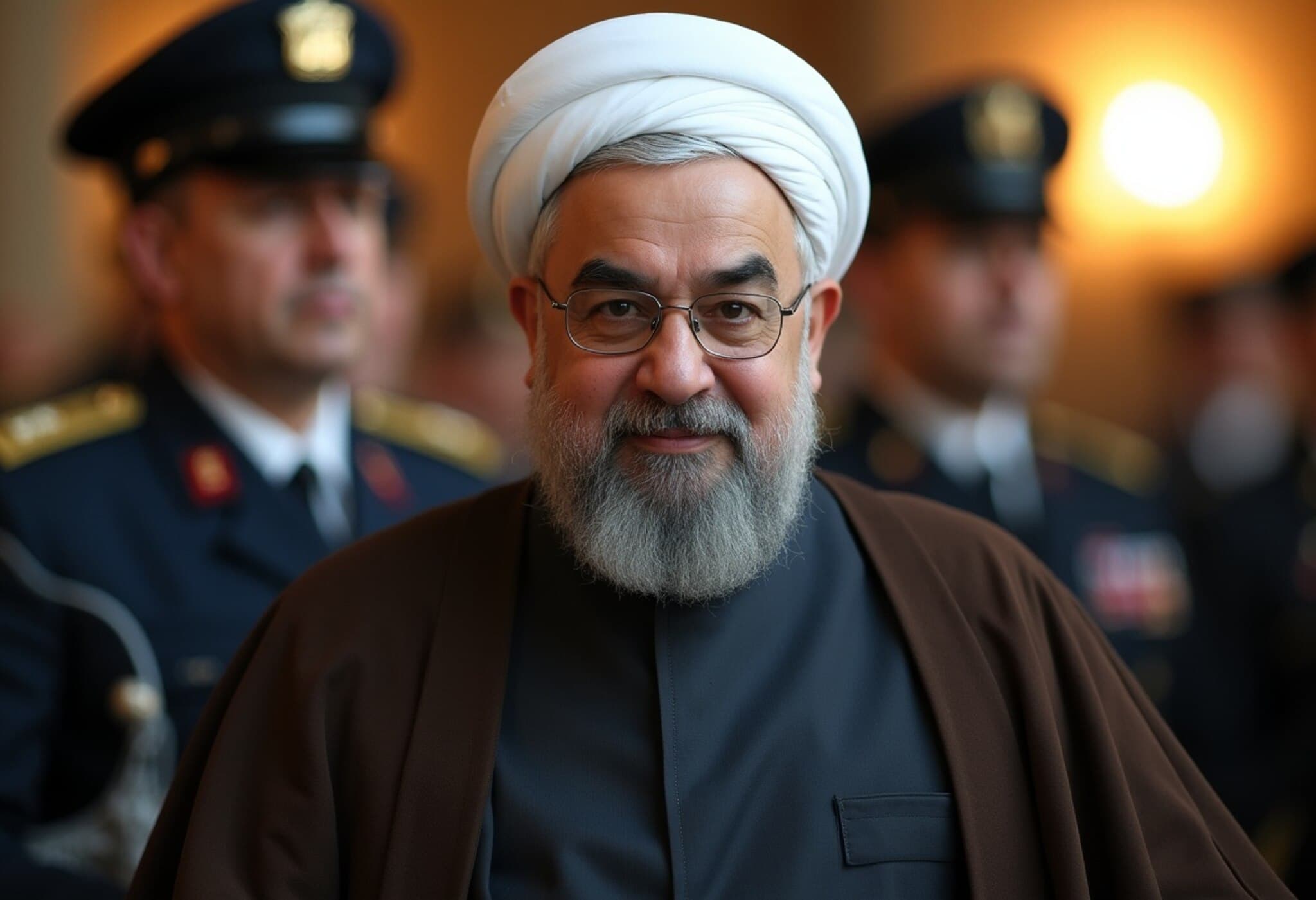Israeli Strike on Evin Prison Raises Safety Alarms
An Israeli military strike targeting Evin prison in Tehran has stirred intense worry over prisoner safety. Iran's judiciary confirmed damage inflicted on parts of the facility, while Israel's defense minister openly acknowledged the prison was a deliberate target.
French Prisoner’s Sister Condemns the Attack
Noemie Kohler, sister to French detainee Cecile Kohler, described the airstrike as "completely irresponsible," emphasizing that it places all inmates "in mortal danger." Both Cecile Kohler and her partner Jacques Paris have been imprisoned at Evin since May 2022 on espionage accusations their families vehemently dispute.
"This is truly the worst possible development," Noemie Kohler lamented, revealing the family's distress amid uncertainty about the prisoners’ current conditions. Their silence since the strike has only intensified fears. Noemie called on French authorities to "strongly condemn these perilous attacks" and to intensify efforts to secure the release of the French nationals.
Context: Hostage Concerns and Prison Conditions
Iran reportedly holds approximately 20 European detainees, many inside Evin, which is infamous for harsh treatment and rights violations. Western nations accuse Tehran of engaging in hostage diplomacy to extract political concessions.
Located in northern Tehran, Evin prison is a heavily fortified complex closely watched by human rights advocates for its troubling record. Analysts warn that the Israeli strike risks sparking unrest or violent reprisals within its walls.
Legal and Human Rights Perspectives
Chirinne Ardakani, legal counsel for the Kohler family, criticized the strike as "illegal," highlighting the high risk of riot and chaos that could result in casualties. "Both sides are recklessly endangering lives," Ardakani pointed out.
Despite the damage, Iranian judiciary communications affirmed that control over the prison has been maintained and no major breaches have occurred.
Broader Implications
The incident underscores a fraught geopolitical landscape where prisoners are caught between escalating military actions and diplomatic standoffs. It highlights the urgent need for de-escalation and humanitarian considerations amidst complex conflicts.
The families of detainees remain in anguish, wrestling with uncertainty and imploring governments to prioritize civilian safety over political agendas.

